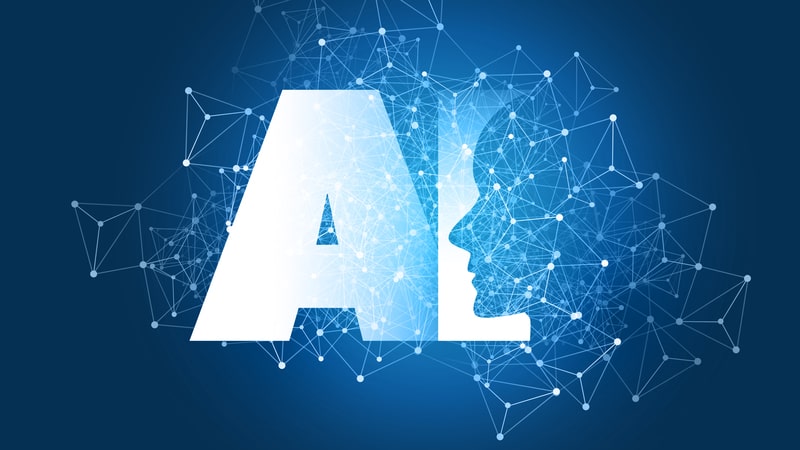
Artificial intelligence (AI) has wholly transformed the way employees are recruited, hired, trained, evaluated, and even fired. However, employers must find the right division of labor between AI and human resources personnel between using AI to improve human decision-making and delegating decision-making entirely to algorithms, said Keith Sonderling, commissioner for the U.S. Equal Employment Opportunity Commission (EEOC), on Oct 18 at the AI World virtual summit.
According to Sonderling, 83 percent of human resources leaders rely in some form on technology in employment decision-making, and 70 percent of talent recruiters say recruiting in the near future will become virtual.
This, he added, is not necessarily a bad thing. For example, AI has been used to screen resumes, write job descriptions, chat with applicants, and even conduct interviews. AI-driven technologies can make the workplace more open, fair, and inclusive by eliminating unlawful discrimination from employment decisions.
“When AI is carefully designed and properly used, it has the potential to advance diversity and inclusion in the workplace by mitigating the risks of unlawful discrimination,” Sonderling said.
However, AI can also amplify workplace bias if it is poorly designed or carelessly deployed. Using AI to make decisions ordinarily made by HR professionals, he added, can have significant legal ramifications, so employers should exercise caution in deciding when and if to hand such matters over to algorithms.
“There may be cases in which compliance with Federal anti-discrimination law requires human intervention,” Sonderling said. And this is frequently the case when it comes to Federally mandated workplace accommodations for employees, such as pregnant, disabled, and religious employees.
If an employer uses AI to review performance and track productivity, they should ensure that their AI system allows and accounts for necessary accommodations. Therefore, employers must develop and implement policies to handle nuanced employee situations regardless of their tools to make employment decisions.
